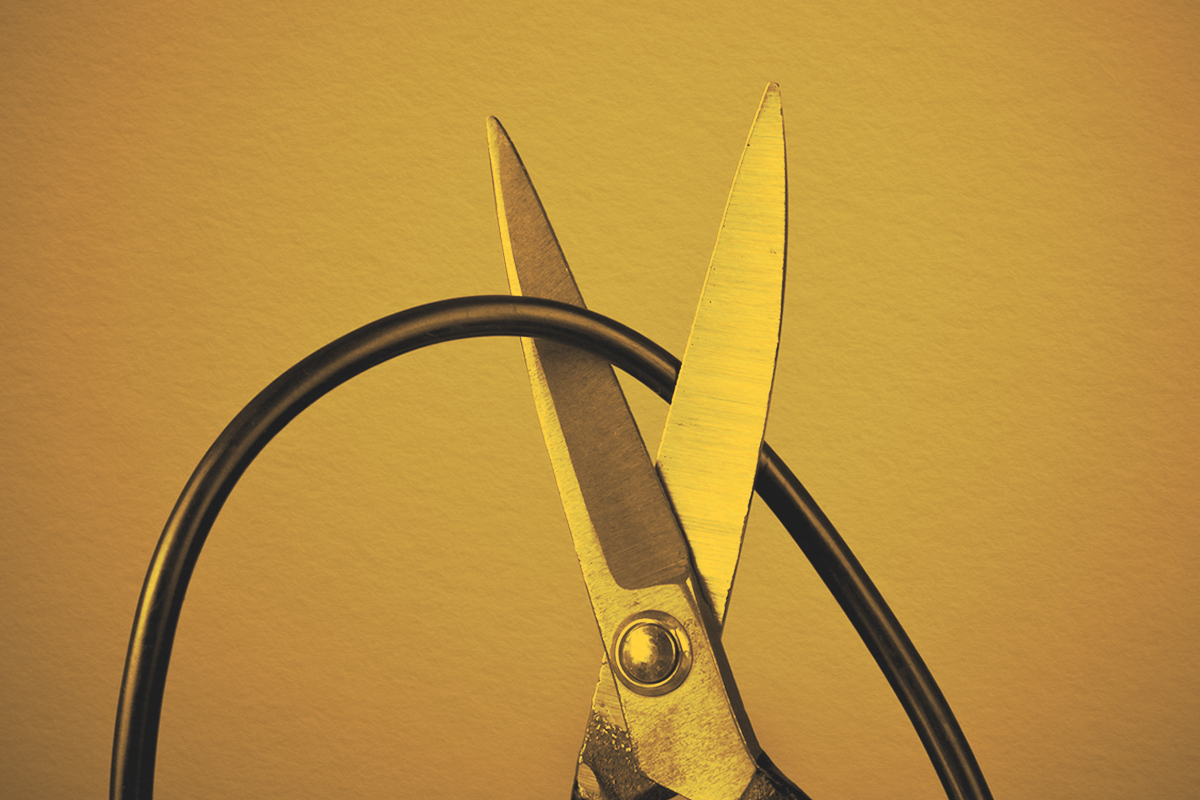
There are a lot of ways to say that someone has lost control of their emotions. Maybe they’ve “blown a gasket” or they’re “freaking out,” or maybe they’ve “gone beserk!” With so many different idiomatic examples, one might be feeling a little frantic just thinking about the choices. But among the most popular options is the phrase “fly off the handle.” This expression can be traced back to the early 19th century, and has a specific literal association with the backwoods.
In a very literal sense, the phrase “fly off the handle” refers to how a loose axe head can come undone mid-swing while chopping wood. There are few things more dangerous than a sharp piece of metal flying through the sky, so it’s understandable to feel a loss of control and some anger in that situation. The idiom developed out of that literal action, but it encompasses more general contexts. You don’t need to be a lumberjack to fly off the handle — though you certainly can be.
“Fly off the handle” gained popularity as a figurative idiom for situations of heightened emotions in the early 19th century, and we see early printed examples reflecting the shift. The Oxford English Dictionary cites an 1832 article in the Boston Investigator: “He soon had a call at Cincinnati, Ohio, as president of a theological college, and, of course, flew off the handle.” Gary Martin of the blog Phrase Finder adds another figurative example from Thomas C. Haliburton’s 1843 satirical novel The Attaché: or, Sam Slick in English: “He flies right off the handle for nothing.”
There was no axe wielding to be had in either example, so the phrase seemed to have shed its inherent connection to woodworking by the mid-19th century. Today, people rarely say “fly off the handle” in reference to literal axes, though the phrase would certainly still be applicable in those rare circumstances.

















